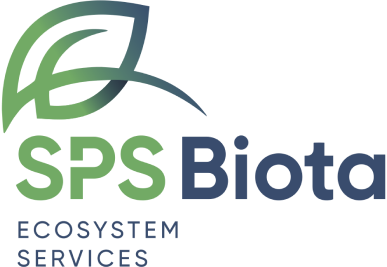To help protect the urban treescape, there are some strict rules under the Biosecurity Act that are aimed at stopping the spread of Dutch elm disease.
About Elm Trees
Elms are prominent in the urban treescape as specimen trees in parks, street trees and in private gardens.
Many iconic and historic elms can be found all over NZ including in Auckland, Hamilton, Cambridge and Christchurch. Tāmaki Makaurau/Auckland is alone estimated to have approximately 30,000 elm trees.
The most common species are golden and variegated elms, but there are many more.
Signs and Symptoms of Dutch Elm Disease
The fungus can infect most species of elm (Ulmus spp) & is often carried between trees by the bark beetle Scolytus multistriatus which feeds & breeds on elms.
The first sign that a tree is infected by the disease is curling & ‘flagging’ of leaves, often on an individual branch or on a collection of branches in one part of the tree’s crown. The leaves then turn brown & most branches die.
This dieback can occur rapidly (within a few weeks) or gradually.
When a branch is cut, a brown circle or ring of dots is often visible. This discolouration in the branch is a major diagnostic tool for surveyors, when identifying the disease.
Samples of suspected infected wood can also be sent to a laboratory for confirmation of Dutch elm disease.
Annual Surveillance Programme
Auckland Council & SPS Biota conduct this program which monitors Auckland elms at over 6,000 individual sites. If our team finds an elm with DED symptoms, samples are taken & sent to Scion lab for testing.
Extensive beetle trapping using pheromone lures, also occurs between December and April, which is the main flight season. Beetles caught in these traps are also sent to Scion to see if they are carrying spores.
Biosecurity Rules relating to Dutch Elm Disease
A breach of these rules (left) is an offence under s154N(19) of the Biosecurity Act (1993).
Please Report Dutch Elm Disease
If you see any of the symptoms described here on Elms, Please contact:
SPS Biosecurity - Phone 0800 246 821 | Email admin@spsbiota.co.nz
Auckland Council - Email Simon.Cook@aucklandcouncil.govt.nz











